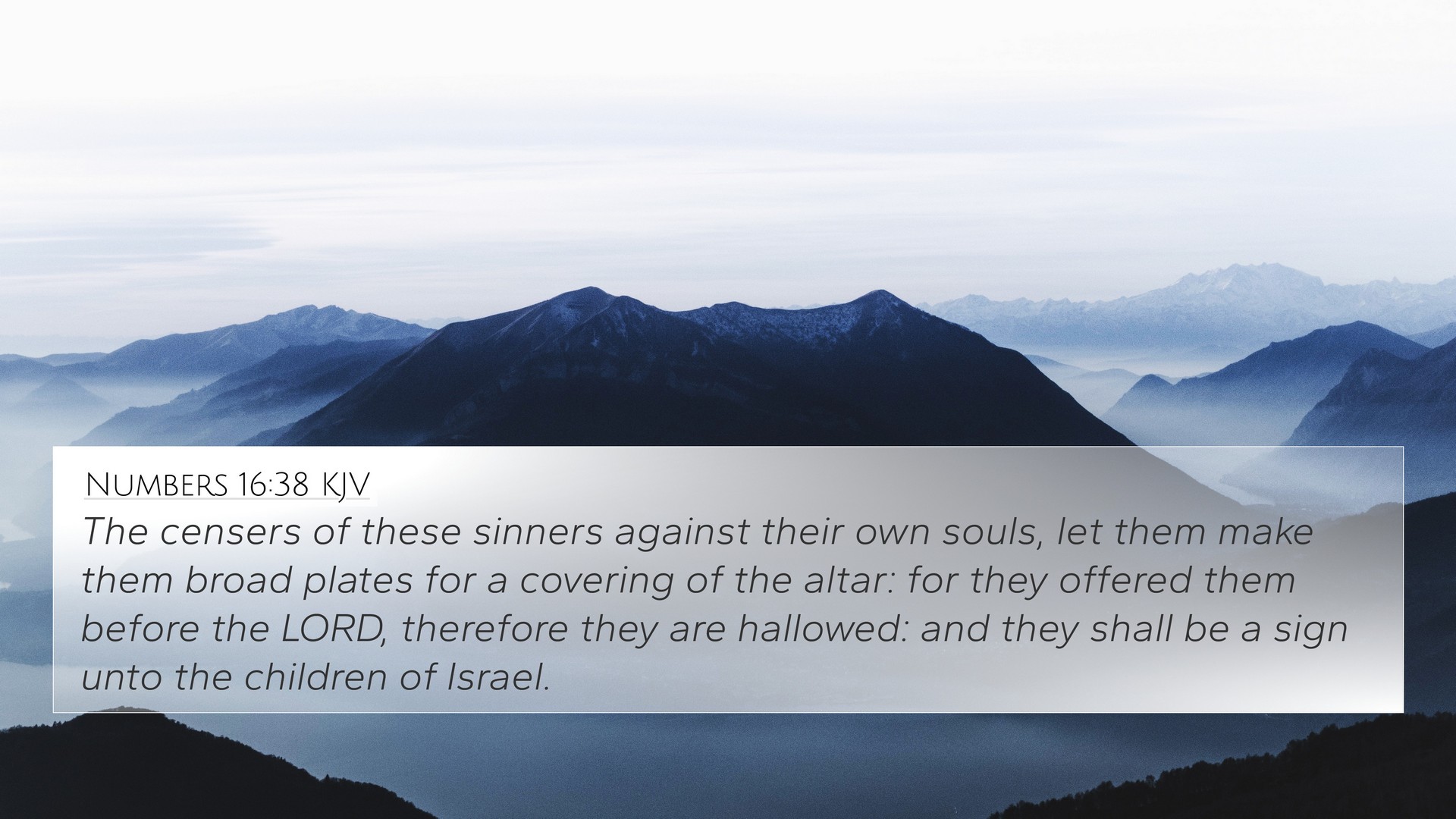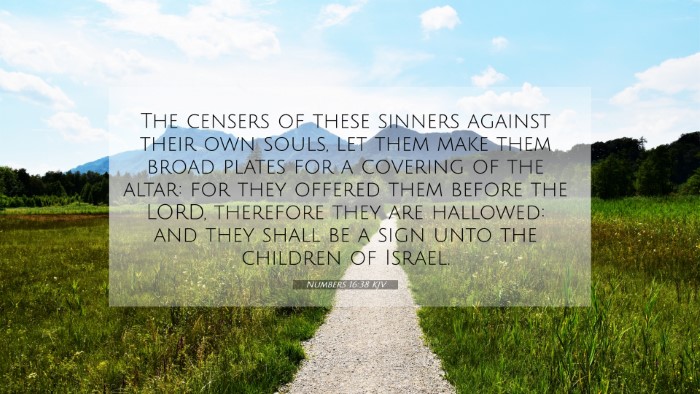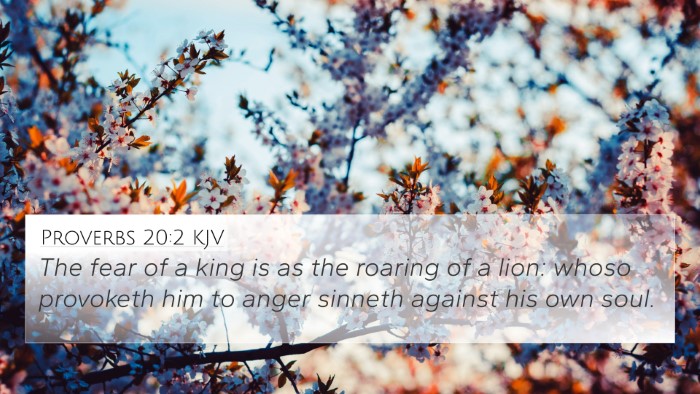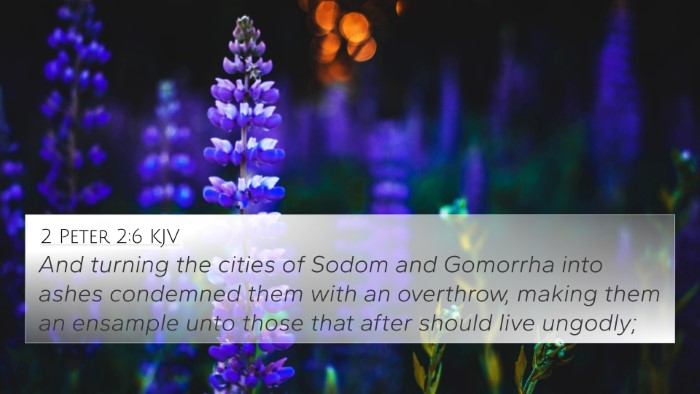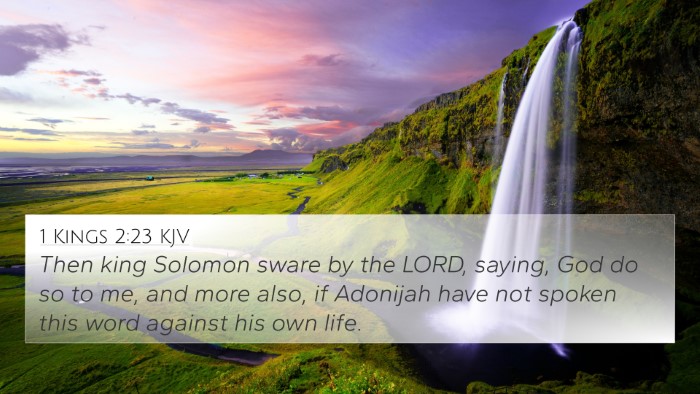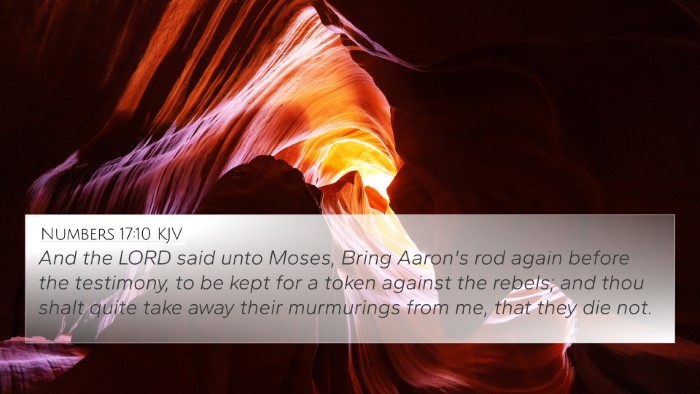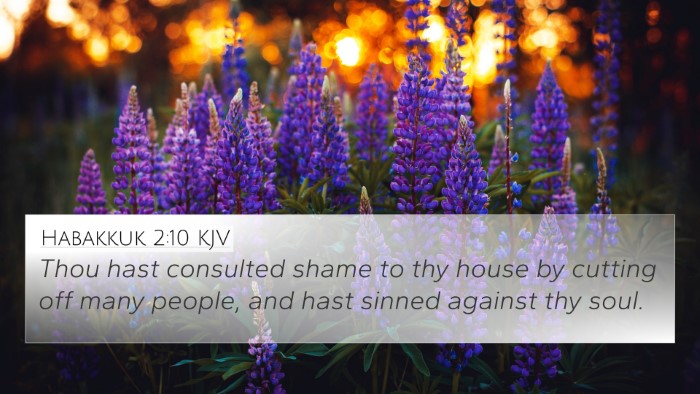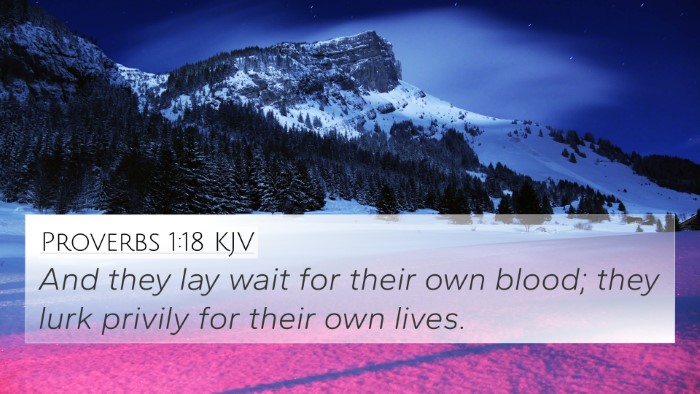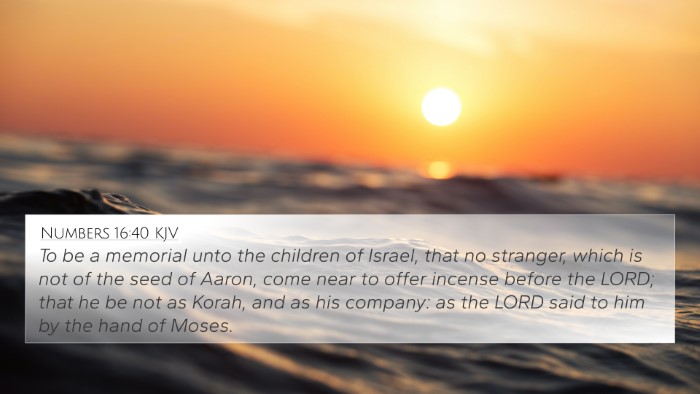Understanding Numbers 16:38
Numbers 16:38 states, “The censers of these sinners against their own souls, let them make them broad plates for a covering of the altar: for they offered them before the Lord, and they are hallowed; and they shall be a sign unto the children of Israel.” This verse follows the rebellion led by Korah, Dathan, and Abiram against Moses and Aaron, where God’s judgment manifested dramatically.
The critical meaning of this verse revolves around divine judgment and the sanctity of offerings made to God. The act of using the censers as coverings for the altar symbolizes a significant transformation of what was intended for rebellion into a sign of warning and remembrance for future generations.
Commentary Insights:
-
Matthew Henry emphasizes that the censers, once instruments of rebellion and sin, are re-purposed as a memorial to warn others against similar disobedience. The act showcases God's justice as well as His mercy in allowing grief over the sin to serve a purpose.
-
Albert Barnes comments that the use of these censers in a constructive way serves to display both the gravity of the offenses committed against God and the importance of reverence in worship. The plates become a reminder of the consequences of sin and the need for holiness.
-
Adam Clarke notes that the transformation of the censers into altar coverings conveys a message regarding the nature of true worship. What was once used for arrogant defiance is now a component in worship, emphasizing God’s sovereignty over all, including the motives behind our worship.
Cross-References for Numbers 16:38:
- Leviticus 10:1-2 - Nadab and Abihu’s unauthorized fire serves as an example of God’s judgment against improper worship.
- 1 Chronicles 24:3 - The roles of the sons of Aaron show the structure and sanctity of the priesthood.
- Hebrews 10:31 - Speaks to the seriousness of falling into the hands of the living God and the consequences of rebellion.
- Romans 12:1 - Encourages believers to offer themselves as living sacrifices, emphasizing acceptable worship.
- Galatians 6:7 - Highlights the principle of reaping what one sows, similar to the consequences faced by Korah's followers.
- Revelation 20:11-15 - Discusses the final judgment, connecting the enduring concepts of accountability and divine justice.
- Matthew 23:37-39 - Jesus grieves over Jerusalem's rejection, echoing the theme of warning in times of rebellion.
Thematic Connections:
Numbers 16:38 also displays a strong theme of transformation—objects of rebellion are used for righteous purposes under God’s directive. This theme is echoed throughout scripture, as various narratives show how God repurposes humanity’s failures for His glory.
For Further Study:
One can leverage tools for Bible cross-referencing to delve deeper into the scripture's interconnectedness. By using a Bible concordance or a Bible cross-reference guide, readers can explore additional related verses and themes.
Inter-Biblical Dialogue:
When engaging in a comparative Bible verse analysis concerning Numbers 16:38, participants can evaluate the behavior of Korah against other Biblical accounts of rebellion such as the stories of Cain and Esau, examining how God deals with disobedience.
Ultimately, the call for holiness in worship is underscored; it is not merely about physical offerings but about the state of one’s heart before God. The profound implications of Numbers 16:38 on worship and obedience continue to resonate throughout the Old and New Testaments, inviting readers to reflect on their relationship with God and to strive for purity in offering their lives as worship.
